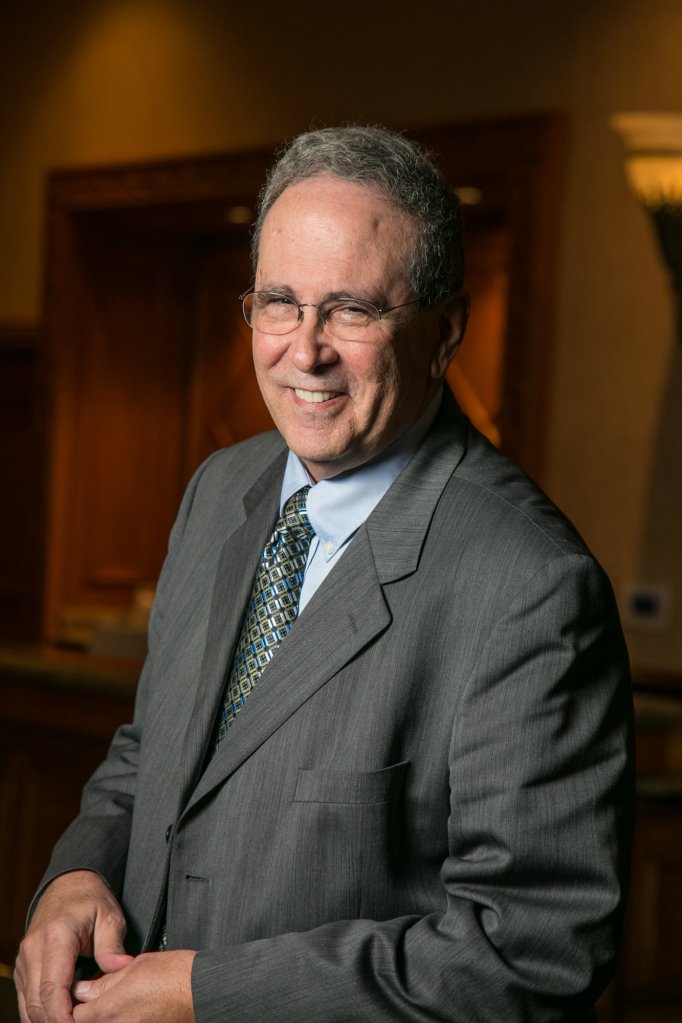APSP’s staffer in the area of standards development will be reducing his hours.
Those not involved with industry associations may not be familiar with Carvin DiGiovanni. Since 1990, the vice president of technical and standards has worked with experts in the industry — including manufacturers, academics, government officials, builders, service professionals and retailers – to facilitate the development of standards language and ensure their accreditation with the American National Standards Institute (ANSI).
“I’m extremely proud of all the many things we’ve accomplished over the years and all the many hurdles we’ve had to clear to get there,” DiGiovanni said. “But times and circumstances change, and it’s become clear recently that the time has come for me to move on from my current role in APSP. It’s a mutual decision that ultimately will be beneficial for APSP and me.”
DiGiovanni will finish out the year full-time, after which he will reduce his hours to three days a week.
Because of this work, observers say, the industry gained credibility with government officials by subjecting its volunteer standards to the ANSI third-party consensus process, whereby diverse parties must participate in the writing, and third-party individuals must approve the language. Those who have worked with DiGiovanni point to Congress’ willingness to grant the industry a receptive ear and adopt APSP standards as a measure of compliance with the Virginia Graeme Baker Pool and Spa Safety Act, the nation’s only federal pool and spa safety law.
“Basically every success that the industry has had from a government-relations perspective, and in every other way, perhaps, derives from that accomplishment [of gaining ANSI’s designation],” said Steven Getzoff, outside general counsel for the Association of Pool and Spa Professionals and senior litigation partner with Lester, Schwab, Katz & Dwyer in New York. “That’s the reason why people listen to us when we present our standards, when we try to address statutes, regulations or model codes.”
Getzoff also credits this process with ending a spate of lawsuits against APSP in the 1990s and early 2000s, and with helping to temper attempts at more heavy-handed regulation.
In the long-term, APSP expects to groom Susan Hilaski, director of standards, promotion and adoption, to take on more responsibility, said APSP President/CEO Lawrence Caniglia. In the event of DiGiovanni’s departure, the organization may hire somebody to assist Hilaski.
DiGiovanni started his professional life as an English teacher in New York. After a career change, he worked at ANSI as a program administrator for safety, health and construction standards. When he applied for the technical director position at APSP (then called the National Spa and Pool Institute), his timing couldn’t have been better: The organization had been trying to transition its model standards under the ANSI umbrella, but efforts seemed to keep stalling. For an organization to add the ANSI designation to its standards, it must follow particular processes of writing, reviewing and opening the language to comments from all interested parties. DiGiovanni’s experience and understanding of this process made him an attractive candidate.
In addition to shepherding all NSPI/APSP standards to comply with ANSI’s requirements, DiGiovanni forged a working relationship with the International Code Council (ICC) so APSP standards language could become incorporated into the International Building Code and other ICC standards. That relationship also paved the way for the International Swimming Pool and Spa Code, a collaboration between APSP and the ICC.
“He is the most knowledgeable guy I think the industry has in terms of standards and codes,” said Mark Laven, chairman of the board for manufacturer Latham Pool Products in Latham, N.Y. “He has been very effective in helping us improve our products, protect consumers and support the opportunities for the industry to grow in an environment where there’s increasing legislation.”
While standards have fallen under DiGiovanni’s purview for his entire tenure, he also has played key roles in government relations and, at times, education.
“I’m glad [he] is going to continue,” Caniglia said. “We want to take advantage of his knowledge and experience as long as we can. I’m grateful for the opportunity to get to work with him. He’s done a tremendous job and will continue to do a tremendous job in the future, just in a scaled-back version.”
